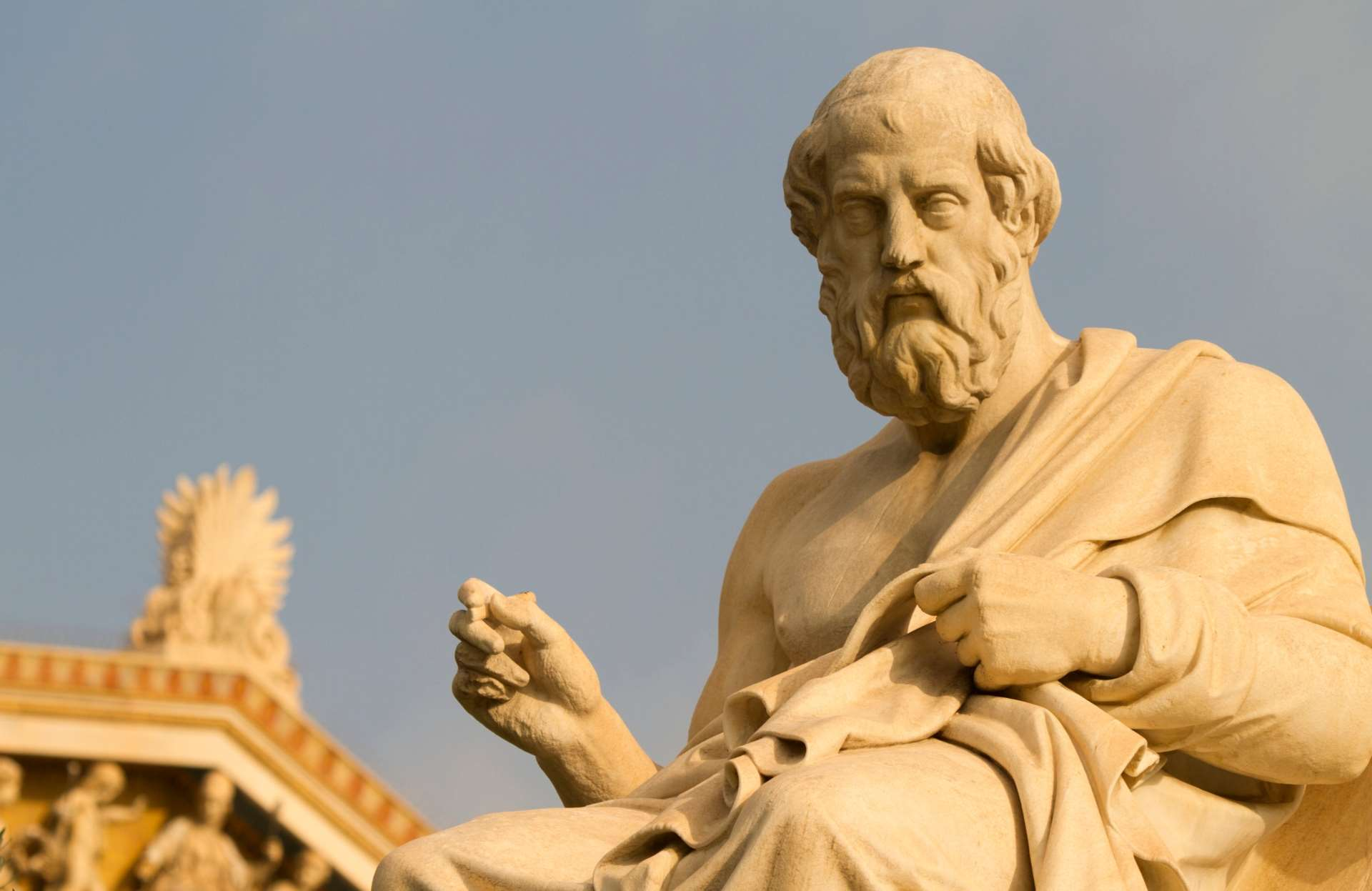When we think of a gladiator from ancient Rome, an image of a tough man with a muscular body comes to our mind. But in reality, the appearance of gladiators was quite different.
The Gladiator Mosaic is a famous mosaic of gladiators measuring about 28 meters, dated to the first half of the 4th century.
Excavations in Ephesus have uncovered gladiator skeletons, and the findings have changed the way archeologists view the past. By studying the teeth and the composition of the bones, scientists concluded that the gladiators were vegetarians.
Their diet was rich in carbohydrates, fiber and minimal animal protein. Texts have been found referring to gladiators as "hordearii" meaning "barley-men" who ate barley daily.
The reason for the gladiators' vegetarianism was neither lack of food nor concern about animal suffering. The gladiators had to be fat so that the fat also served as a shield against the blows. "The fat pad protects against knives and covers nerves and arteries during a fight," says Carl Grossmith, a paleontologist at the University of Vienna who has studied the skeletons of gladiators from Ephesus. The gladiators' stamina was important not only for the warriors themselves but also for the audience, who did not want the show to end too soon. "The superficial wounds were more impressive" continued Grossmith, who believes the gladiators thought, "If I get hurt, but only in the fat, I can keep fighting." It does not hurt much and the audience goes nuts".









